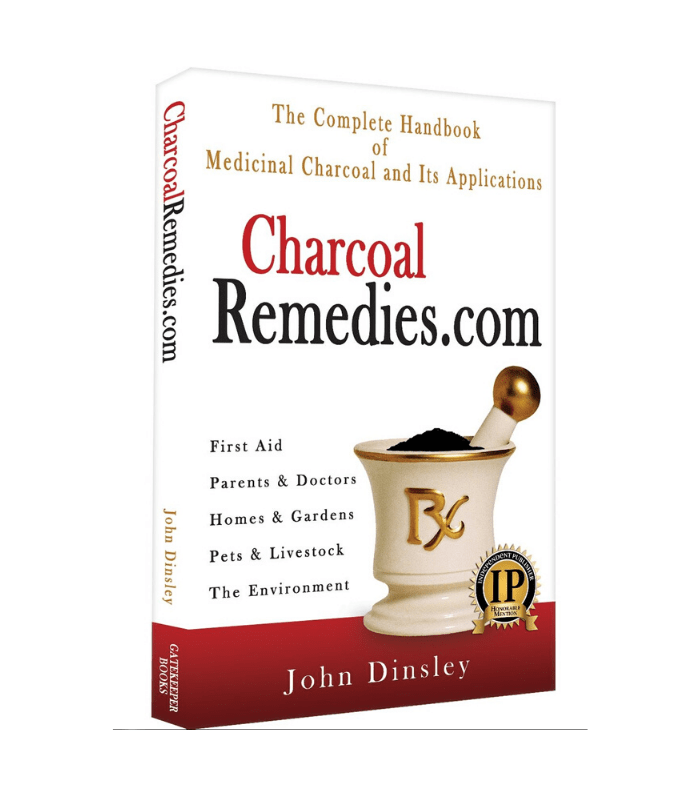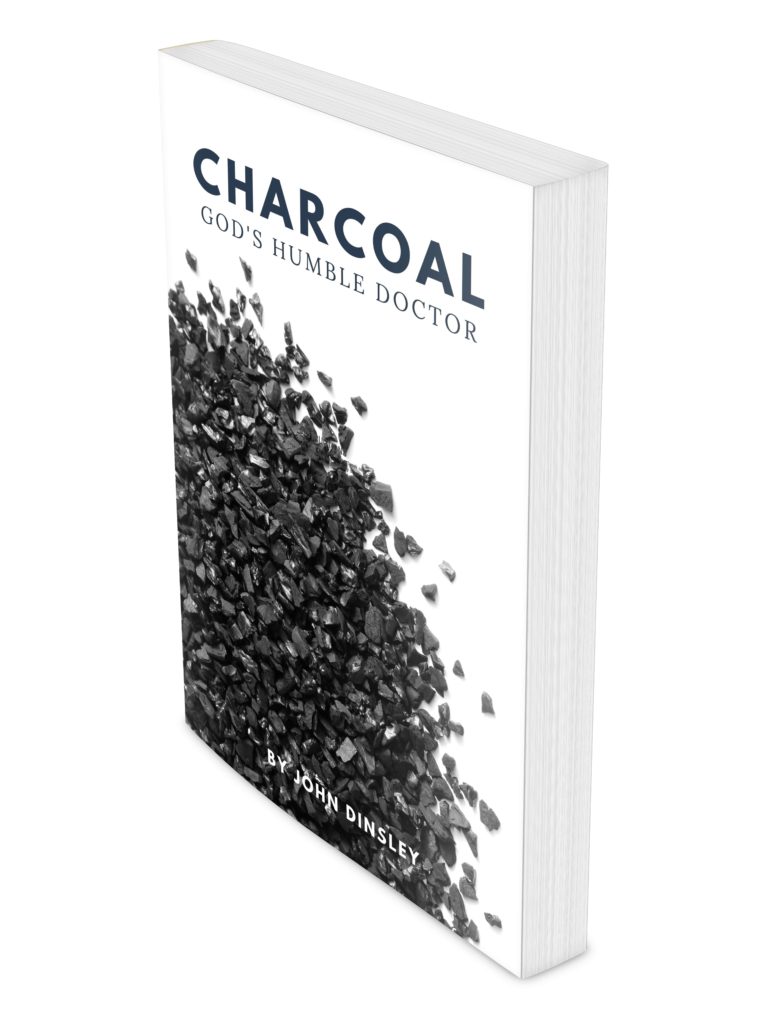Aspartame
Activated Charcoal For Aspartame
 Charcoal is sometimes mixed with carbohydrate sweeteners, like sorbitol, to make the charcoal more palatable, but carbohydrates do not bind to charcoal to any extent. Unlike most sweeteners aspartame is not a carbohydrate. Aspartame is the methyl ester of the dipeptide of the natural amino acids L-aspartic acid and L-phenylalanine.
Charcoal is sometimes mixed with carbohydrate sweeteners, like sorbitol, to make the charcoal more palatable, but carbohydrates do not bind to charcoal to any extent. Unlike most sweeteners aspartame is not a carbohydrate. Aspartame is the methyl ester of the dipeptide of the natural amino acids L-aspartic acid and L-phenylalanine.
Will activated charcoal adsorb aspartame from the GI tract? I have found no research to confirm that charcoal does, though I suspect it will. But, digestive acids quickly break down aspartame into several residual chemicals, including aspartic acid, phenylalanine, methanol, and further breakdown products including formaldehyde, and formic acid. Activated charcoal does adsorb phenylalanine, methanol, formaldehyde, and formic acid. Therefore, activated charcoal, taken before or after ingesting foods with aspartame, should adsorb these toxic waste products in the GI tract.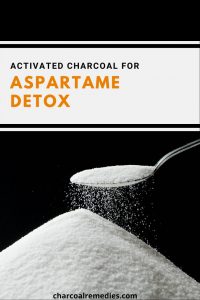 One should remember that kidney and liver dialysis machines employ a bed of granular charcoal in the blood purification process when the kidneys or liver are unable to perform their jobs. If technology has successfully harnessed the cleansing action of charcoal to purify toxic blood it is reasonable to expect a significant benefit from taking charcoal orally or applying charcoal as a poultice or in a bath to detoxify the body generally. Charcoal does bind hundreds of toxic compounds (including mercury and other heavy metals – especially with Bone Charcoal), digestive wastes, and even some microorganisms.
One should remember that kidney and liver dialysis machines employ a bed of granular charcoal in the blood purification process when the kidneys or liver are unable to perform their jobs. If technology has successfully harnessed the cleansing action of charcoal to purify toxic blood it is reasonable to expect a significant benefit from taking charcoal orally or applying charcoal as a poultice or in a bath to detoxify the body generally. Charcoal does bind hundreds of toxic compounds (including mercury and other heavy metals – especially with Bone Charcoal), digestive wastes, and even some microorganisms.
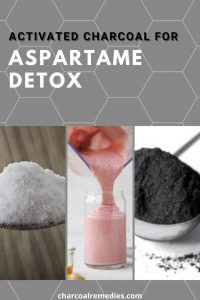
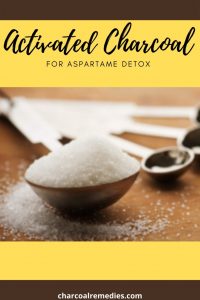

John Dinsley
Born in British Columbia, Canada, John Dinsley has lived, and worked from South America to the North Pole, from Nova Scotia to Nepal. He is trained as a lifestyle counselor, teaches public health programs, home remedies workshops, and has operated a family care home. He and his wife Kimberly are the owners of Charcoal House LLC. They often travel together across the U.S. and internationally to conduct charcoal workshops. He is a carpenter by trade, has managed an organic market garden business, and volunteered in overseas development work. When he is not building, teaching or gardening, he enjoys writing.

